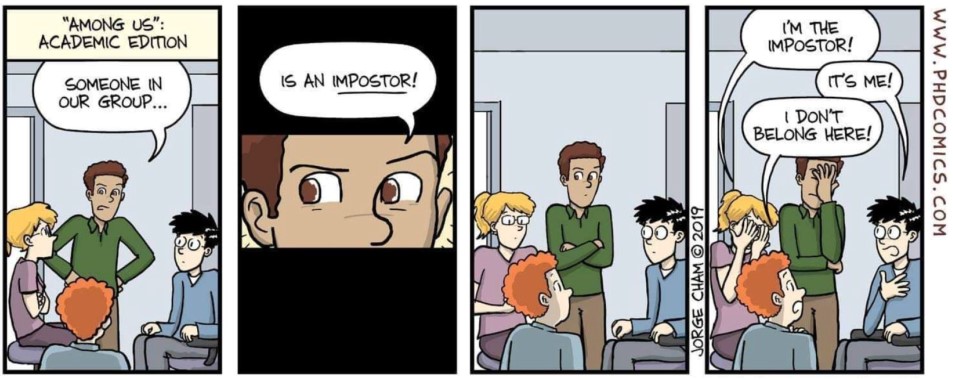
The Impostor Phenomenon (IP) is characterized by a persistent sense of intellectual fraud and internalized feelings of non-belonging. Individuals experiencing the IP tend to ascribe their achievements to external factors, such as luck or good timing, rather than their own abilities. Despite objective qualifications, they doubt their legitimacy in environments that are characterized by social hierarchies and structural barriers. As such, the IP is particularly pronounced in educational and professional settings, making it a prominent topic in both academic research and popular literature. Although Clance and Imes deliberately used the term “phenomenon” to describe the IP in their original study in 1978 to emphasize its social embeddedness, subsequent years of research have largely been characterized by framing the IP as a purely individual concern. This is reflected by the fact that it is commonly referred to as a “syndrome,” a term that implies pathologizing tendencies and risks notions of victim blaming. Furthermore, the original conceptualization of the IP was linked to the idea that it only affects women, while approaches to dealing with it predominantly focus on individual aspects, such as increasing self-confidence or challenging cognitive distortions.
The IP is increasingly addressed in quantitative empirical research. However, after almost 50 years of research, two notable gaps persist: (a) the tendency to frame the IP as an individual pathology and (b) the reliance on small and often highly selective study samples. Against this background, this seminar explores the IP from a social science standpoint, drawing on sociological, political, and gender studies perspectives. Rather than approaching the IP as an individual personality trait, we will critically examine how it may be linked to structural inequalities, social positioning, and institutional logics. Participants will engage with key theoretical literature, learn to assess the current state of empirical IP research, and collaboratively identify both theoretical and empirical research gaps as well as ideas for future research. Prioritizing analytical engagement over independent empirical work, the seminar provides space for structured reflection and open discussion on quantitative IP research.
This course is open to master students in Sociology and MA Comparative Democracy.
Please note that this course does not include module examinations (“Modulabschlussprüfung”); participats will complete a 'certificate of participation' ("Teilnahmenachweis") based on the examination requirements listed below.
- Trainer/in: Max Jansen
